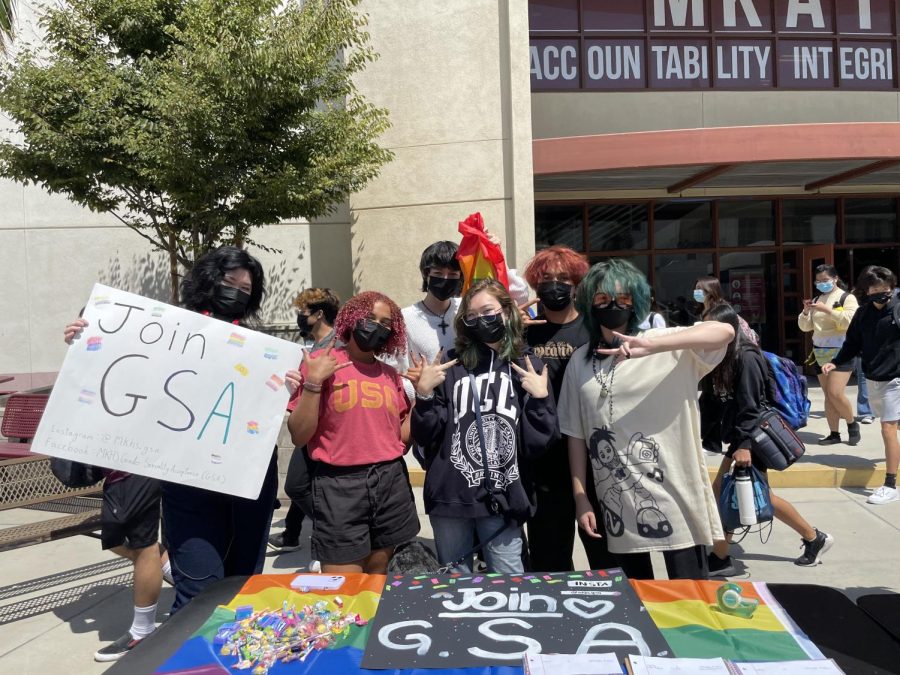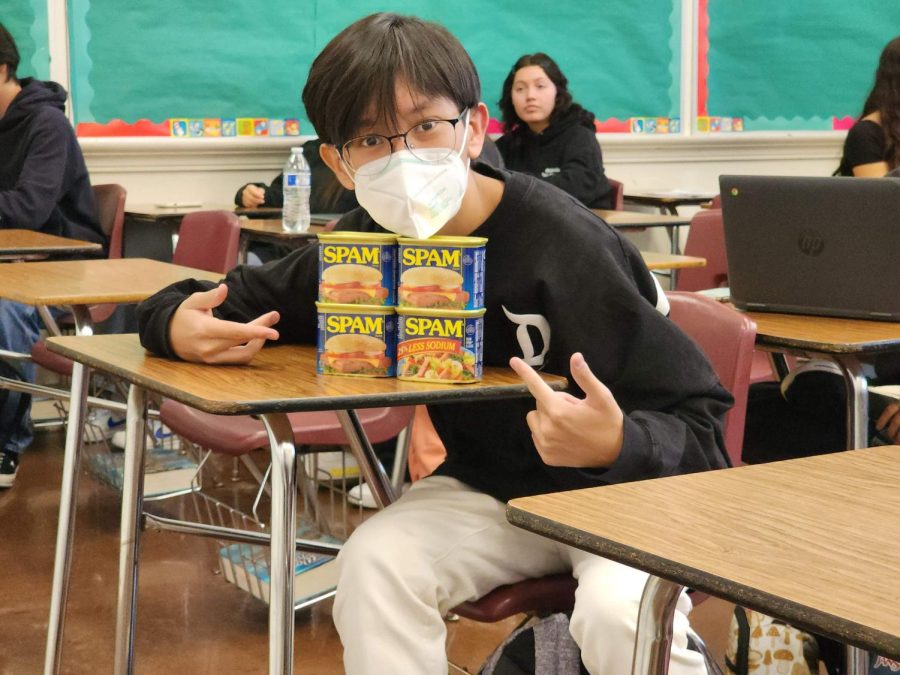Mental Health and its Stigma in the Asian Community
May 21, 2021
Mental health is an issue that many people, especially teenagers, struggle with. However, there is a stigma around the topic that makes it tough to be spoken about. At this point in the school year, many students foster anxiety and depression due to stress from school, possible issues at home, worry due to upcoming AP tests and finals, and the overwhelming concern for their future.
A majority of the MKHS community comes from an Asian background, which typically includes students who are raised to believe that mental health is considered controversial and seen as a weakness. Junior Cheryl Chu notes, “ …The thought of this stigma should change… students would just ignore their mental health, try to work harder, and sleep. They believe that it would go away if they sleep it off and think mental health is just an excuse for laziness.” Instead of acknowledging their current mental health state seriously, students typically resort to adding more work than they can handle which strains them physically and mentally. Their actions show signs of distress as there is no other known way other than to add on more to the amount of stress that needs to be resolved.
The main issues with mental health are that people do not acknowledge when they need help or do not reach out for help and bottle up their emotions. Chu states, “I believe that many wouldn’t seek help at all, scared of the prejudice that they face so they just ignore the mental issue and don’t tell anyone.” Guidance counselor Ms. Sesztak notes that the toughest part of mental health is when the person does not accept the idea of mental health. As a guidance counselor, she has had stud ents who couldn’t receive support because their parents denied the students mental issues.
Although mental health affects all students to some extent, grades and success are still heavily stressed on Asian students. Active Minds President Madison Jou states, “Honestly, I think all ethnicities, cultures, and nationalities are affected by this stigma. However, as an Asian, I do think we have a bit more pressure on ourselves. We want to be the best and have nothing except perfect scores or perfect grades. We are afraid of making mistakes and that can burn us out leading to poor mental health… I am not saying trying our best to be perfect is a bad thing, but we should not have to be too hard on ourselves when things don’t go as planned.”
Especially with distance learning, many students have been more stressed with adapting to working in an online environment. Ms. Sesztak also thinks that the school has viewed mental health in a more positive light by changing the grading system during the pandemic, having programs, and arranging one-on-one meetings with mental health counselors. She expresses disappointment that there is not enough staff at school to help students who are in search of help to improve their mental health.
In addition, Jou also notes, “From what I have seen, this year was when students started making mental health awareness clubs and the school started doing Mindful Mondays. I think these are some great ways to get the topic of mental health out there…With the help of these clubs or events that promote mental health awareness, it can make us feel more comfortable knowing that we are not alone and it is okay to feel this way. We just have to take care of it before it gets worse. ” These clubs and people all come together to spread the message of how mental health is just as important as our physical health.















